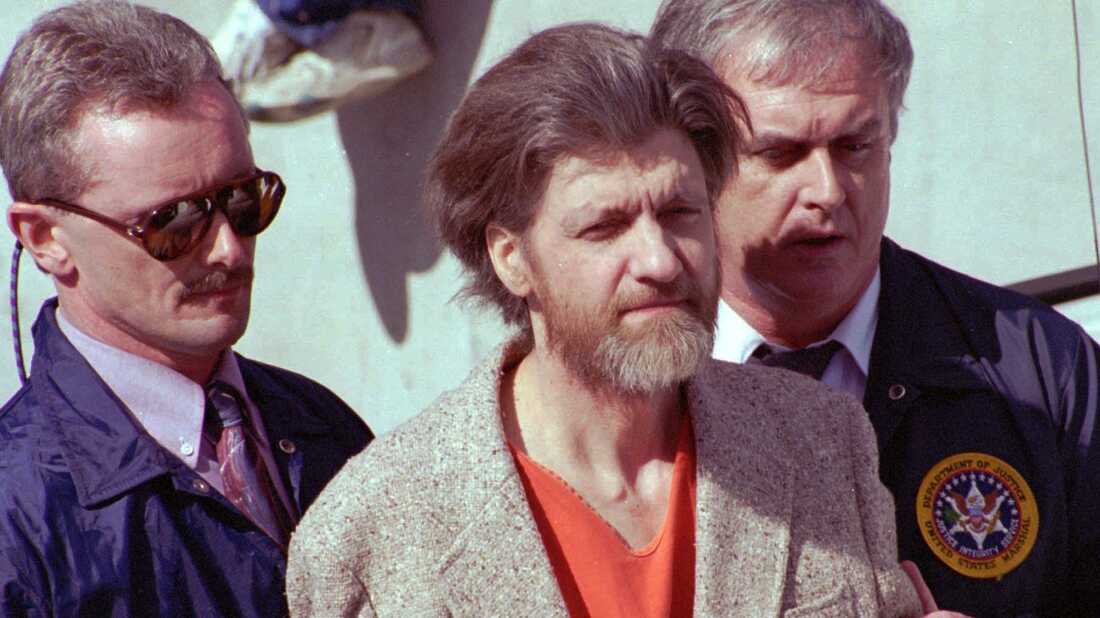The name ‘Ted Kaczynski’ poses a potential threat in the chronicles of American wrongdoing history because of his unabated rule of dread as the ‘Unabomber.’ Regardless of the moniker’s media reputation, there’s an unforeseen and piercing postscript to this story that refines the unsympathetic figure as well as unwinds layers of incongruity and questions encompassing his terminal years. Contrary to the ruthless persona he projected through his infamous manifesto and the attacks that followed, Kaczynski’s final chapter is a haunting narrative of unresolved complexities that might offer important societal reflections beyond the initial shock value.
The Man behind the Manifesto
To understand the magnitude of Kaczynski’s terminal revelation, we must first appreciate the enigmatic man he was portrayed to be. His ‘Unabomber‘ persona was largely comprised of anti-technology rants, cryptic communications, and a series of bombings that led to deaths and injuries before his capture in 1996. This outward identity overshadowed the intellect he wielded as a Harvard-educated mathematician and a PhD-holder from the University of Michigan. It masked his deep-seated disillusionment with a swiftly advancing society, one that he felt was encroaching upon human freedom and degrading the natural world.
Cancer’s Unforgiving Diagnosis
In March of 2021, the world discovered that the one-time recluse, who had been incarcerated for over two decades, lay stricken with late-stage rectal cancer. This revelation is a tragic irony for a man who had shunned modern medicine and lived a primarily self-sufficient, albeit austere, lifestyle.
The diagnosis seemed to lack the Dennis Rader or Henry Lee Lucas notoriety, almost demanding a sliver of sympathy despite his heinous past. Kaczynski’s cancer challenged his adherence to the back-to-nature narrative, juxtaposing it against the advanced medical care available in prison.
Suicide as a Dissenting Act
The trail Kaczynski blazed with his attacks culminated in capture, trial, and imprisonment. Yet, it was not the cancer that became his ultimate end but rather his self-inflicted one in June 2023. An autopsy report, though solemnly detailed, provides a glimpse behind the bars and into the isolated world of a convicted bomber whose work is still the center of psychological and philosophical studies. He chose to take control of his narrative’s climax, sparring society the obligation of carrying out his irreversible cancer sentence.
The Depressed Unabomber
Seeking psychiatric evaluation in the months leading to his death, Kaczynski’s mental state was one of distress and despair. This ‘Unabomber‘ whose manifesto clamored for societal change felt the inexorable pull of the void even behind bars. His depression could very well be the last ironic twist in a life that vehemently declared the need for change yet experienced the full weight of immutable circumstance.
Connecting the Symmetrical Strands
Kaczynski’s tale is one of parallel contradictions – a learned man who rejected the foundations of his scholarly pursuits, a recluse who demanded societal dialogue through his radical actions, and a terminal patient who, in a final dissent, chose to cut short his own life’s story. In his final days, he may have become the societal critique he always aspired to be – a tragic archetype whose complex motivations continue to elude simplistic portrayal.
The Legacy of Reflection
The sterile halls where Kaczynski spent his last days are an inadvertent reflection of a society that produced and imprisoned him. His actions may be forever condemned as inexcusable, but his narrative illustrates broader, pressing quandaries about justice, mental health, technology, and human agency. The Unabomber‘s legacy is not just a cache of convictions but also an unfinished conversation about the scars and the stars of our progressive machine.
Conclusion
The ‘Unabomber’s’ tragic and terminal chapters are an evocative paradox sparking discourse on the boundaries between activism, radicalism, and mental wellbeing. Beyond unsettling headlines, Kaczynski’s grappling with late-stage cancer and mental anguish in captivity opens nuanced discussions within criminal and medical spheres, demanding a deeper, more empathetic exploration of justice and justness. In our attempt to categorize and condemn, we must remain vigilant against the temptation to render anyone as irredeemable without appreciating the intricate weft of their life’s fabric. The Unabomber‘s revelation is an alarm for society to introspect and adjust its mechanisms for the betterment of all, even those who have inflicted the deepest scars upon it.




